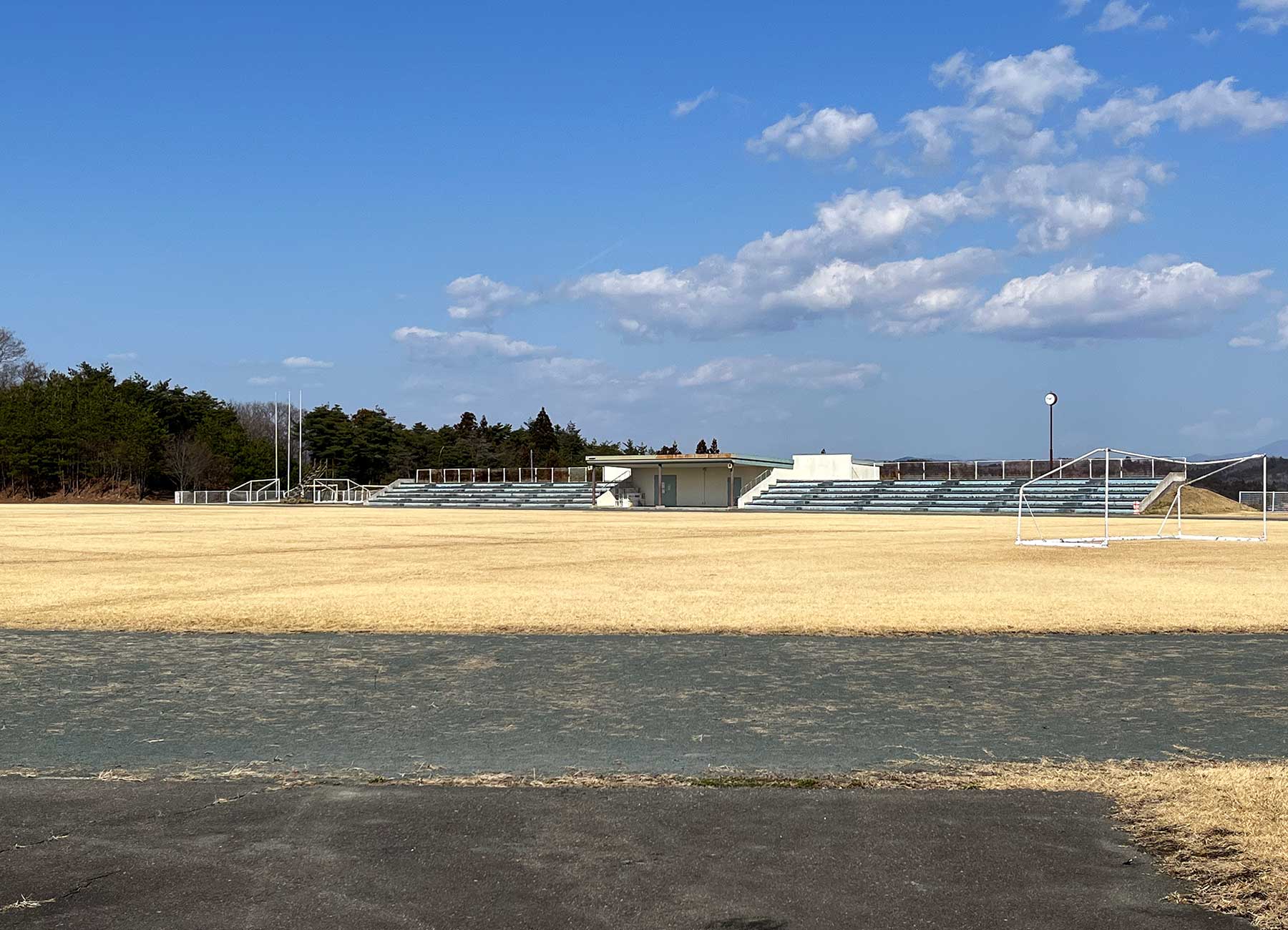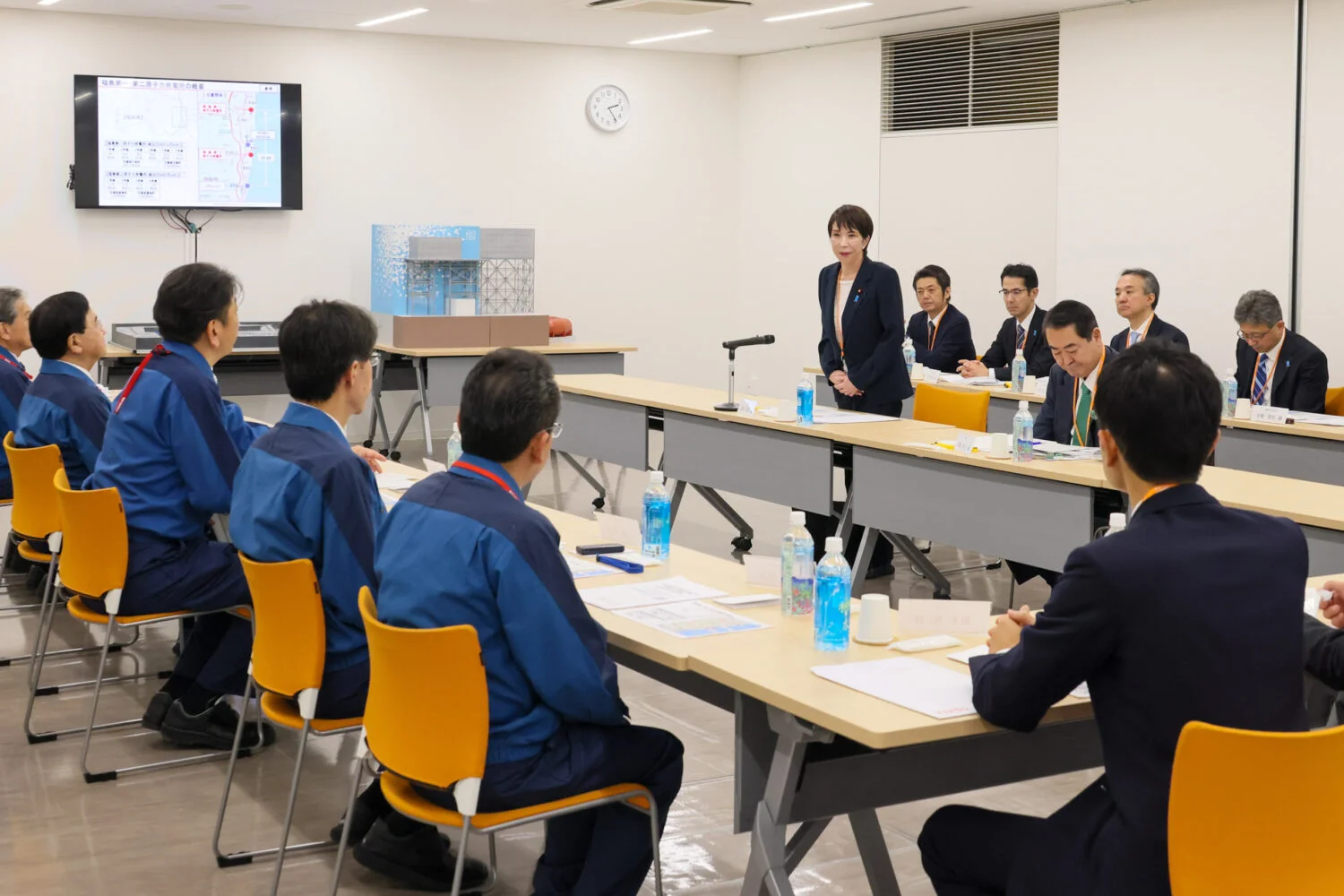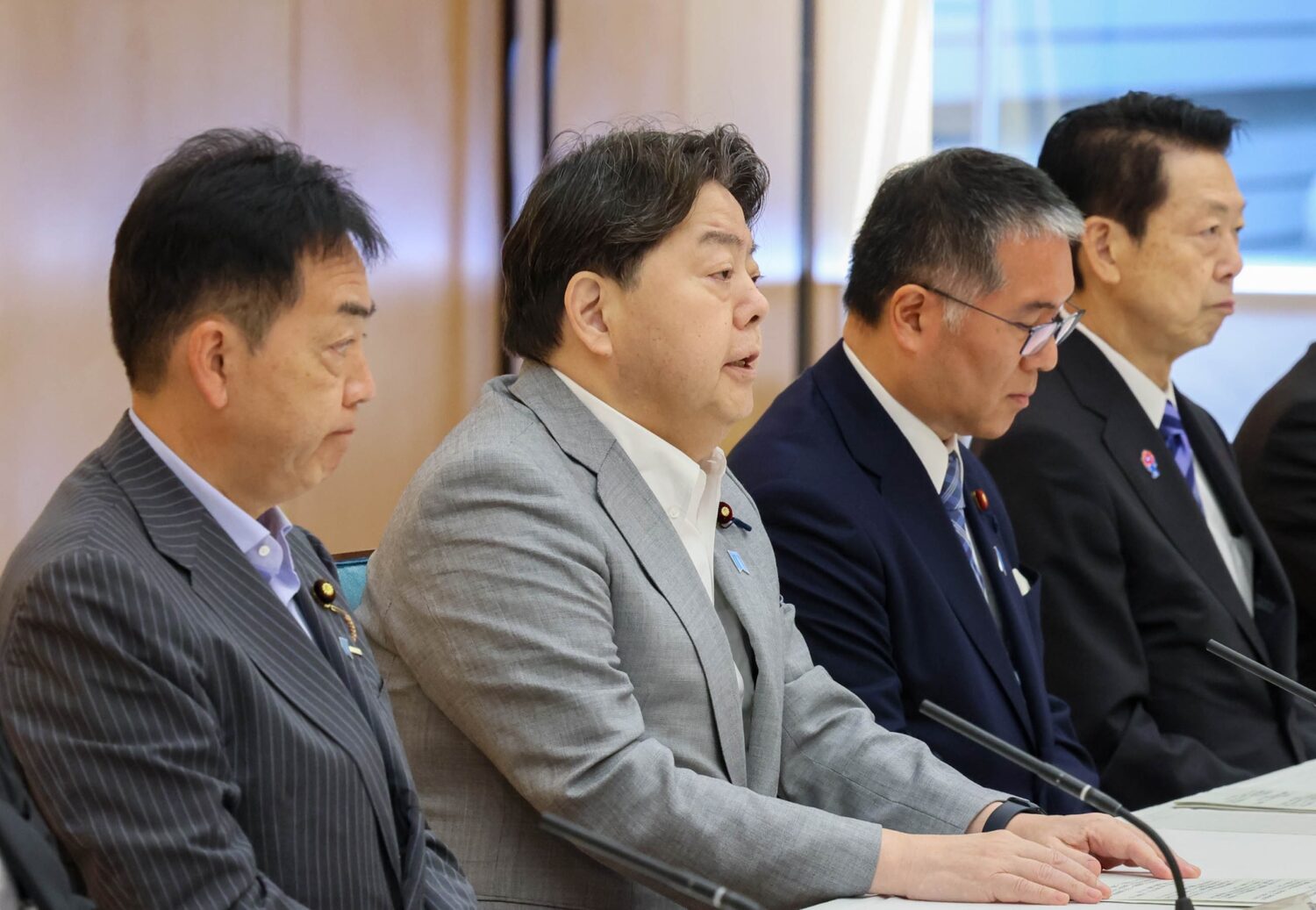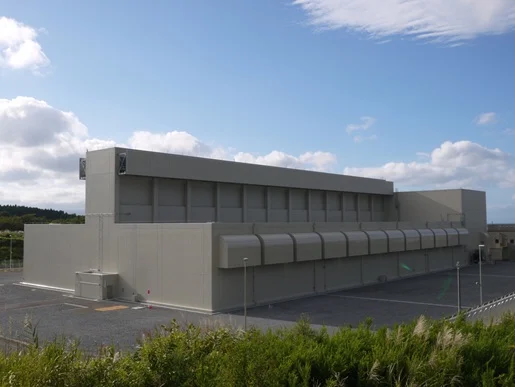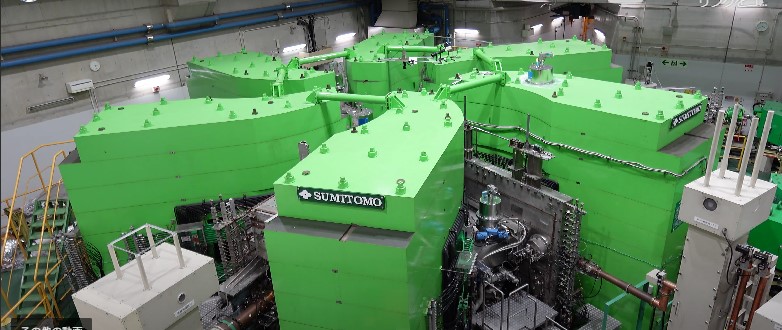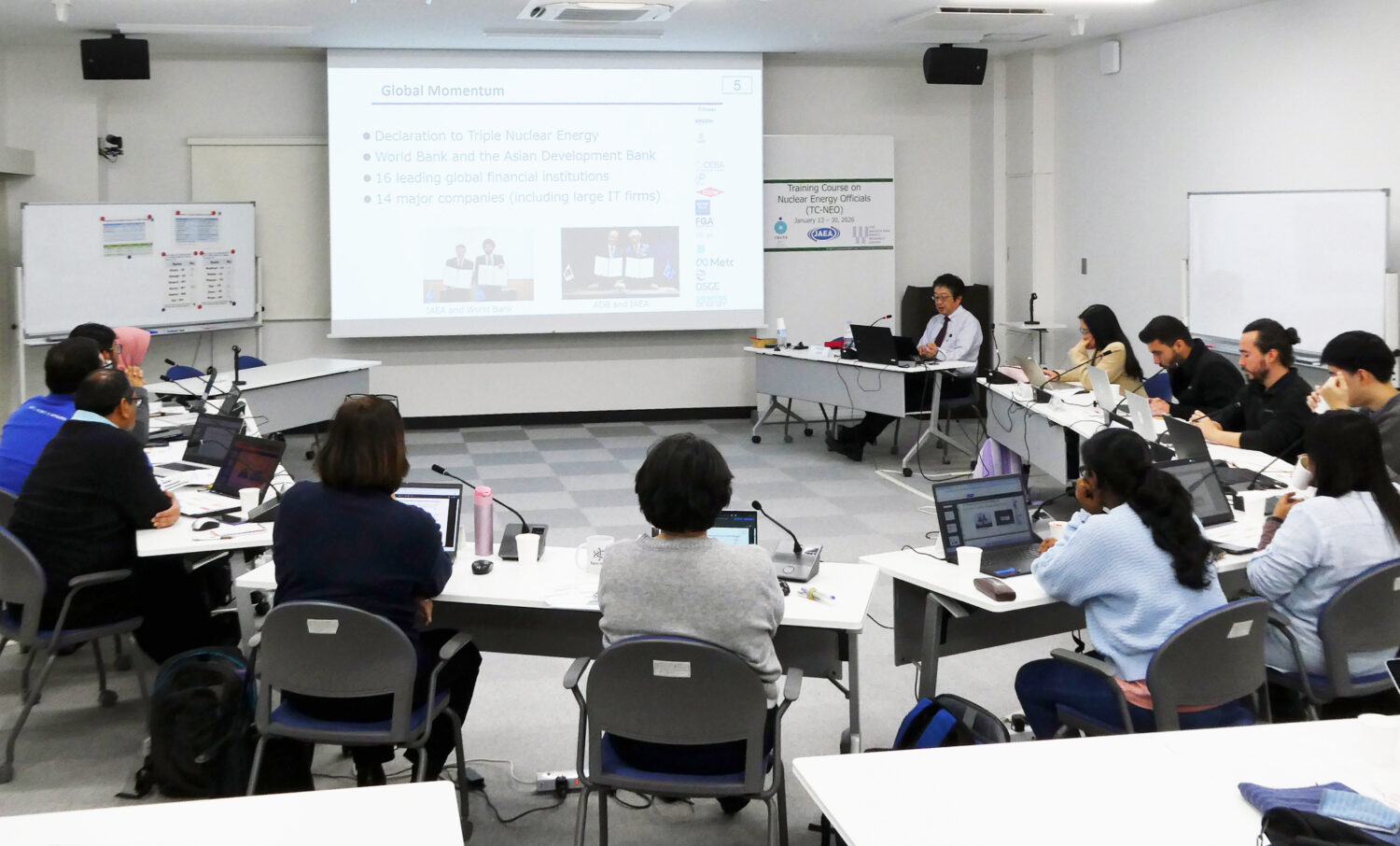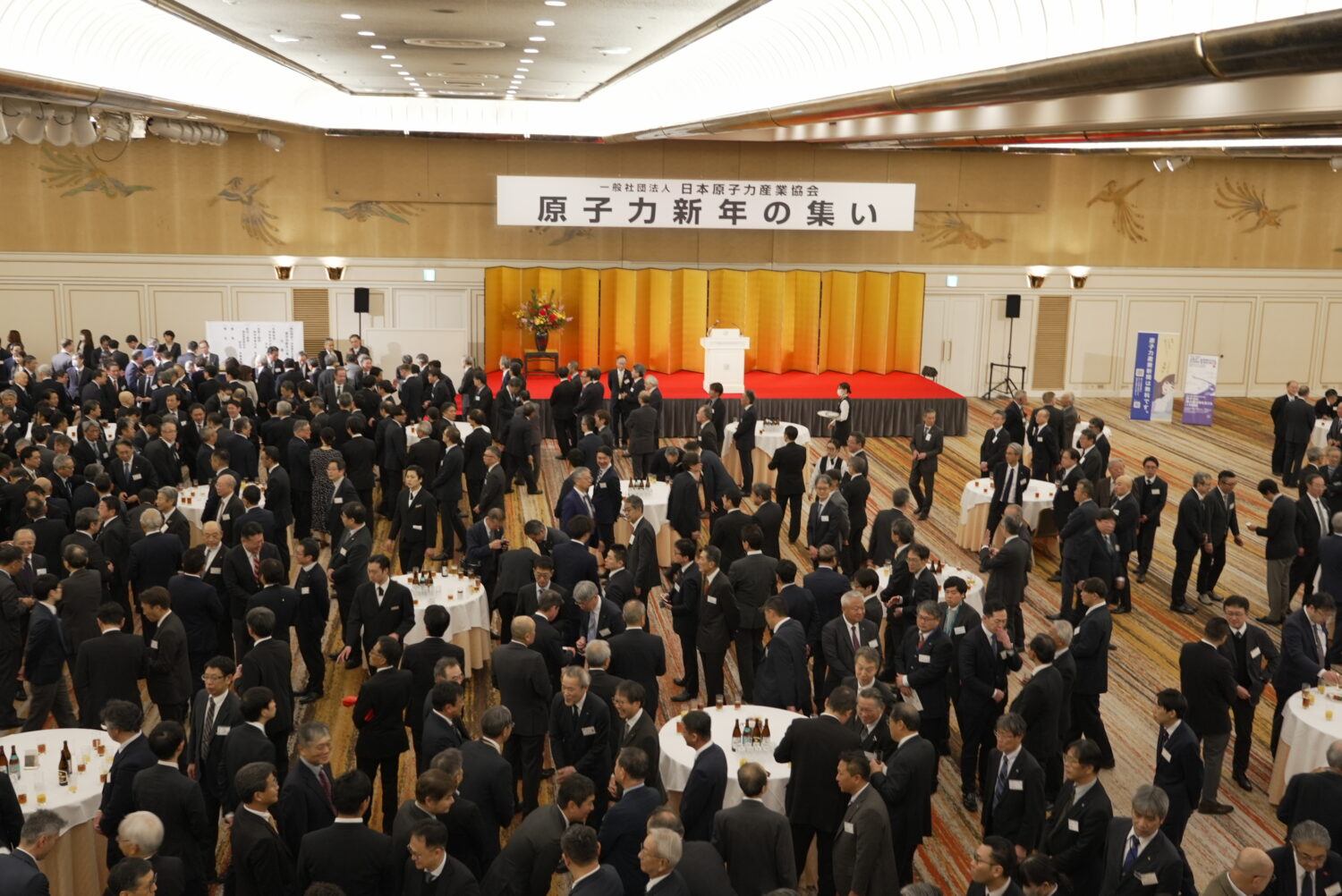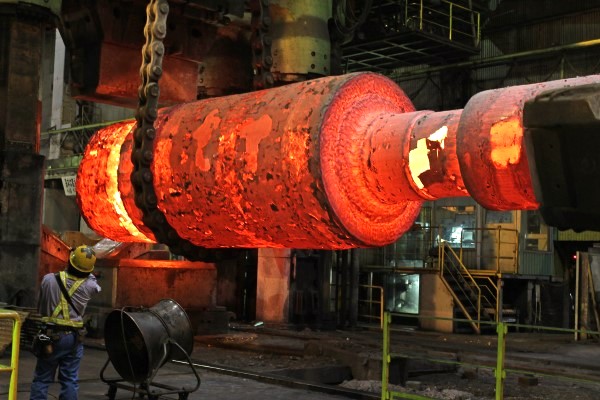JAIF and CNA signed a memorandum of understanding (MOU) in 2021 and have since maintained a strong relationship through ongoing exchanges. The forum was launched as part of these efforts, with the aim of expanding ties with Canada’s nuclear industry and responding to the interests and needs of stakeholders in Japan (See Joint Release here). The inaugural event was a great success, drawing 33 participants from 17 Canadian organizations and 53 participants from 32 Japanese companies and institutions.
In the opening session, Louis-Pierre Émond, Minister-Counsellor (Commercial) at the Canadian Embassy, expressed hopes that Japan and Canada would deepen their nuclear cooperation and pursue innovation and sustainability together. This was followed by remarks from JAIF President MASUI Hideki, who highlighted Canada’s leadership in nuclear technology—symbolized by its CANDU reactors—and the long-standing cooperation between the two countries in areas such as uranium supply. He also noted Japan’s interest in the Darlington Nuclear Project, home to the first small modular reactor (SMR) deployment project in a Western country, which involves Japanese companies. Masui expressed hope that the forum would serve as a springboard for new collaboration.
Presentations on the current status and future outlook of nuclear power were delivered by CNA President George Christidis on behalf of Canada and Director YASURAOKA Satoru from Japan’s Ministry of Economy, Trade and Industry (METI).
A panel session featured industry leaders including Todd Smith, Vice President of Marketing and Business Development at AtkinsRéalis; Heath Sterling, Director of Commercial Operations at Canadian Nuclear Laboratories (CNL); MORIWAKI Masanao, General Manager at Hitachi-GE Vernova Nuclear Energy; and MORIMOTO Yasuomi, Business Development Group Manager at JGC Global. Each presented on their company’s nuclear initiatives and took part in a lively panel discussion.
One of the key objectives of the forum was to foster greater business collaboration between the Japanese and Canadian nuclear sectors. To this end, a B2B program was organized, where six Canadian companies introduced their technologies and business strengths to Japanese participants from industry, academia, and research institutions. Tailored one-on-one meetings were held based on pre-arranged mutual interests, creating new opportunities for international partnerships.
The Canadian delegation also included representatives from national research institutes and universities, allowing for a broad exchange of ideas and expertise. Many participants praised the forum, describing the meetings as “highly productive” and “a valuable step toward future collaboration.”
On June 20, the Canadian delegation traveled to Fukushima Prefecture for a visit to the Tokyo Electric Power Co’s (TEPCO) Decommissioning Archive Center and the Fukushima Daiichi Nuclear Site. At the Archive Center, they received an overview of the events following the Great East Japan Earthquake and the subsequent response, including the path to cold shutdown and the ongoing decommissioning efforts. At Fukushima Daiichi, the delegation joined a one-hour bus tour of the site, which provided insight into the current status of Units 1 through 6, the handling and discharge of treated water, and the challenges of fuel debris removal.
Reflecting on the visit, CNA President Christidis said, “I was deeply impressed by the resilience of Japan’s nuclear professionals and the meticulous planning behind the decommissioning process. While we must never minimize the losses and pain caused by the accident, the knowledge and technologies developed here are of immense value and should be shared with decommissioning projects around the world.”


